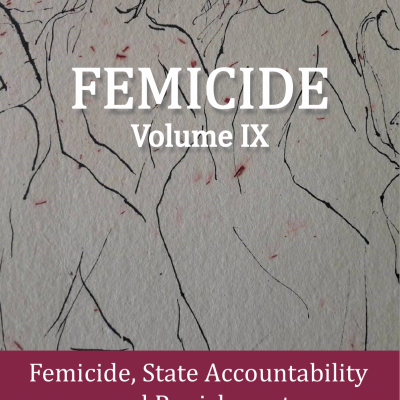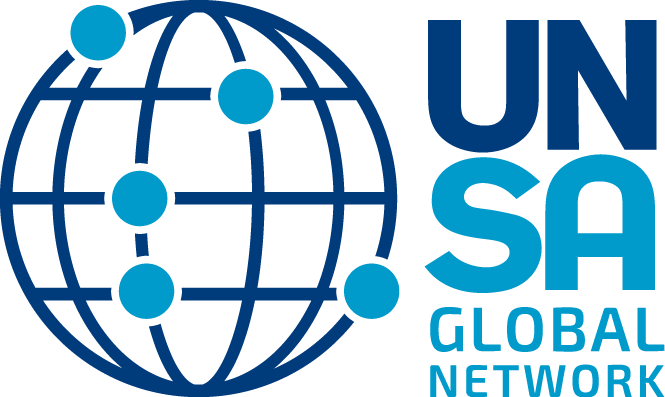
This issue of FEMICIDE deals with state and international responsibility. We all have a national and international obligation to put an end to such atrocities, to prosecute offenders and to lift up the many victims’ shattered lives. Governments can and must provide “safe places” for at-risk women and children. Ultimately, there must be a viable plan for providing women with the possibility of economic self-sufficiency, which in turn can assure independence and the chance of a better future.
A young girl is sold to an old man. A woman is murdered by her family, a retribution for ‘immoral’ behaviour. A widow is condemned to a life of poverty, her property ripped away by in-laws. A wife is beaten to death by her husband. Young women are kidnapped by armed groups, raped and sold to the highest bidder. Desperate women are trafficked and forced into prostitution.
Extremes of inhumanity? Yes. But these unspeakable crimes were all committed today – as you read this. And each and every day, women are lost, devastated, drowned in a sea of cruelty. Many of these awful acts are outside the territorial control of any government. In some societies, little is done to prevent such crimes, a warped sense of ‘tradition’ placing violence within the family as beyond the reach of the law. And when governments can and do intervene, a lack of coordination among social services, law enforcement and judiciary can often render efforts ineffectual.
We are in the age of the stem cell miracle, in the midst of an unparalleled technological revolution, at the brink of interplanetary travel. Yet the civilised world still stands by, while horrors against women are perpetrated with impunity.
I place great hope in the work of UN agencies, as well as of the many non-governmental and academic organisations seeking to draw attention to these issues and to develop specific, achievable ways to help address them. Women’s organisations worldwide have mobilised to shine the bright light of truth on these problems and on the conditions that give rise to them. Governments are coming together to offer aid, to educate, to craft effective support systems, and to enact meaningful legislation nationally and regulation internationally. I continue to support, and I strongly commend the work of the “Femicide” team. They have been in the vanguard of calling attention to the too-often condoned violence, and contemporary slavery, with which women are victimised.
This issue of FEMICIDE deals with state and international responsibility. We all have a national and international obligation to put an end to such atrocities, to prosecute offenders and to lift up the many victims’ shattered lives. Governments can and must provide “safe places” for at-risk women and children. As a physician, I am acutely focused on the compelling need for medical treatment, counselling and education. And ultimately, there must be a viable plan for providing women with the possibility of economic self-sufficiency, which in turn can assure independence and the chance of a better future.
Let us act together. It is our duty.
Karen E. Burke, M.D., Ph.D.
New York, US

